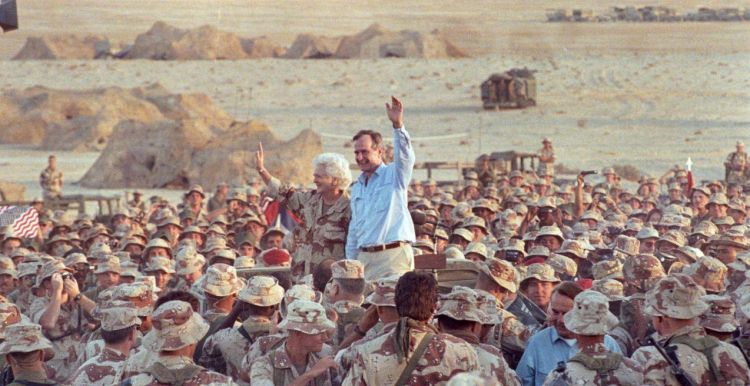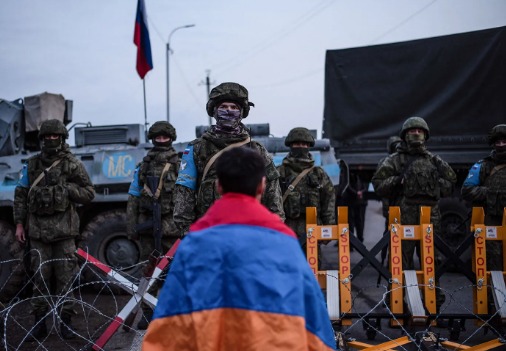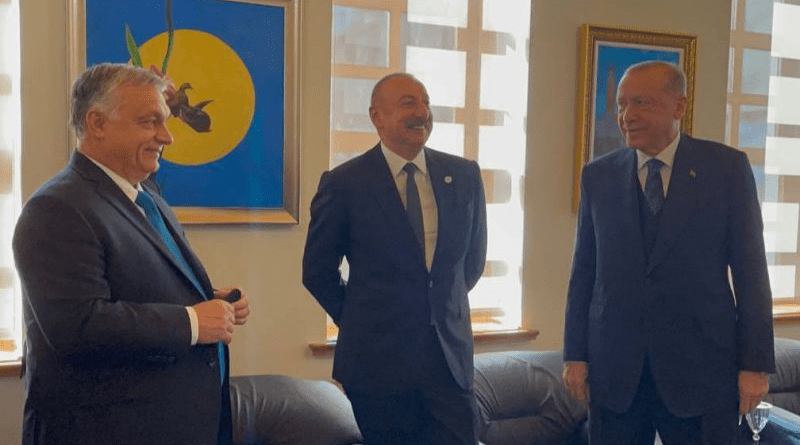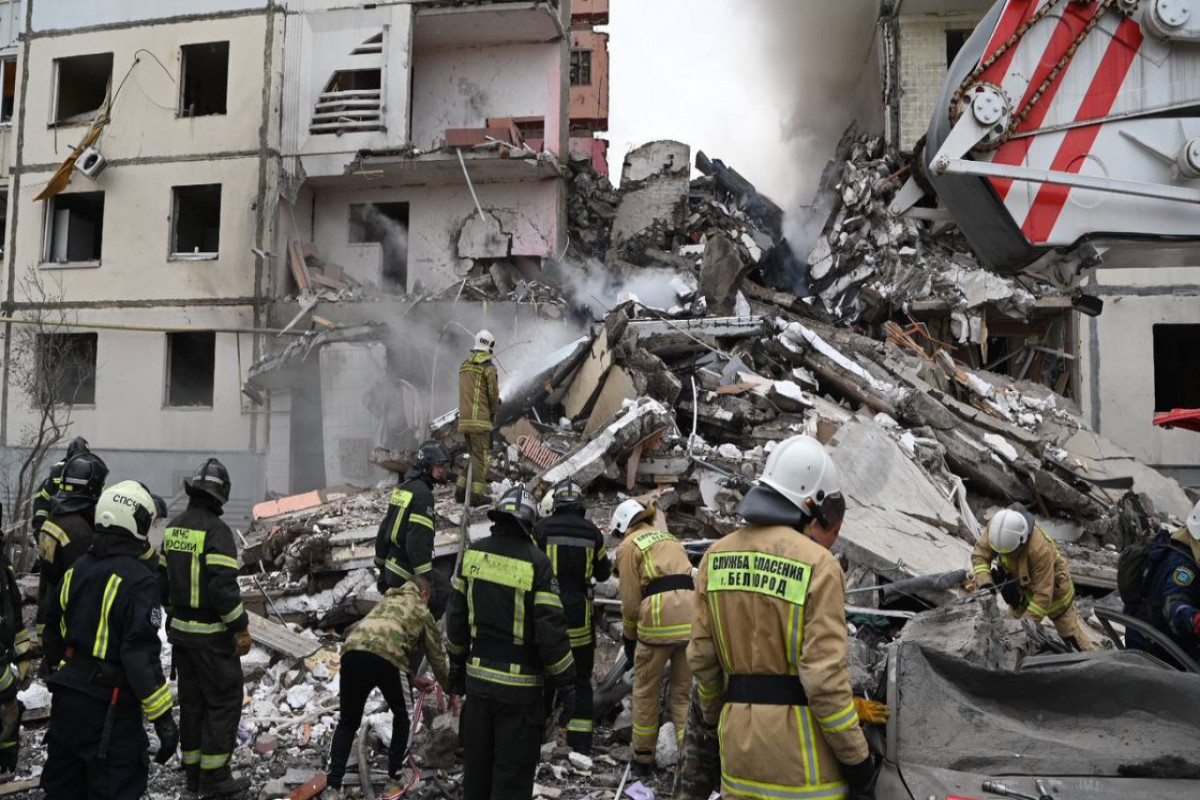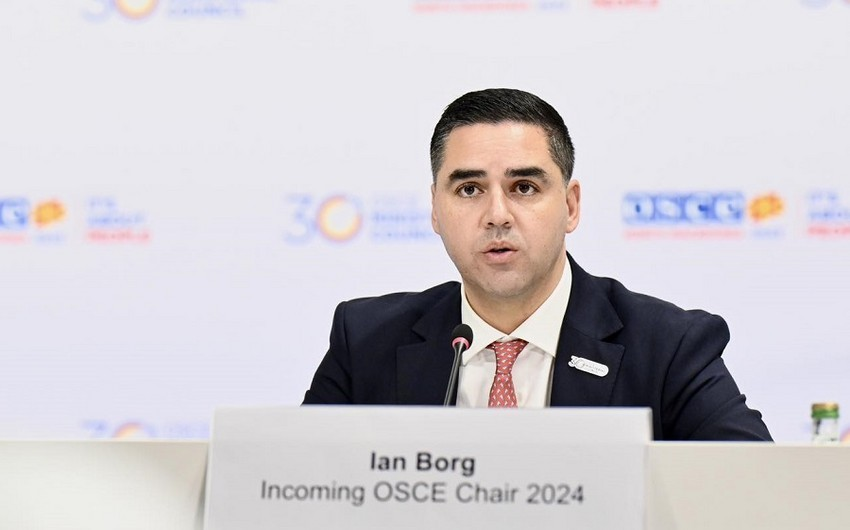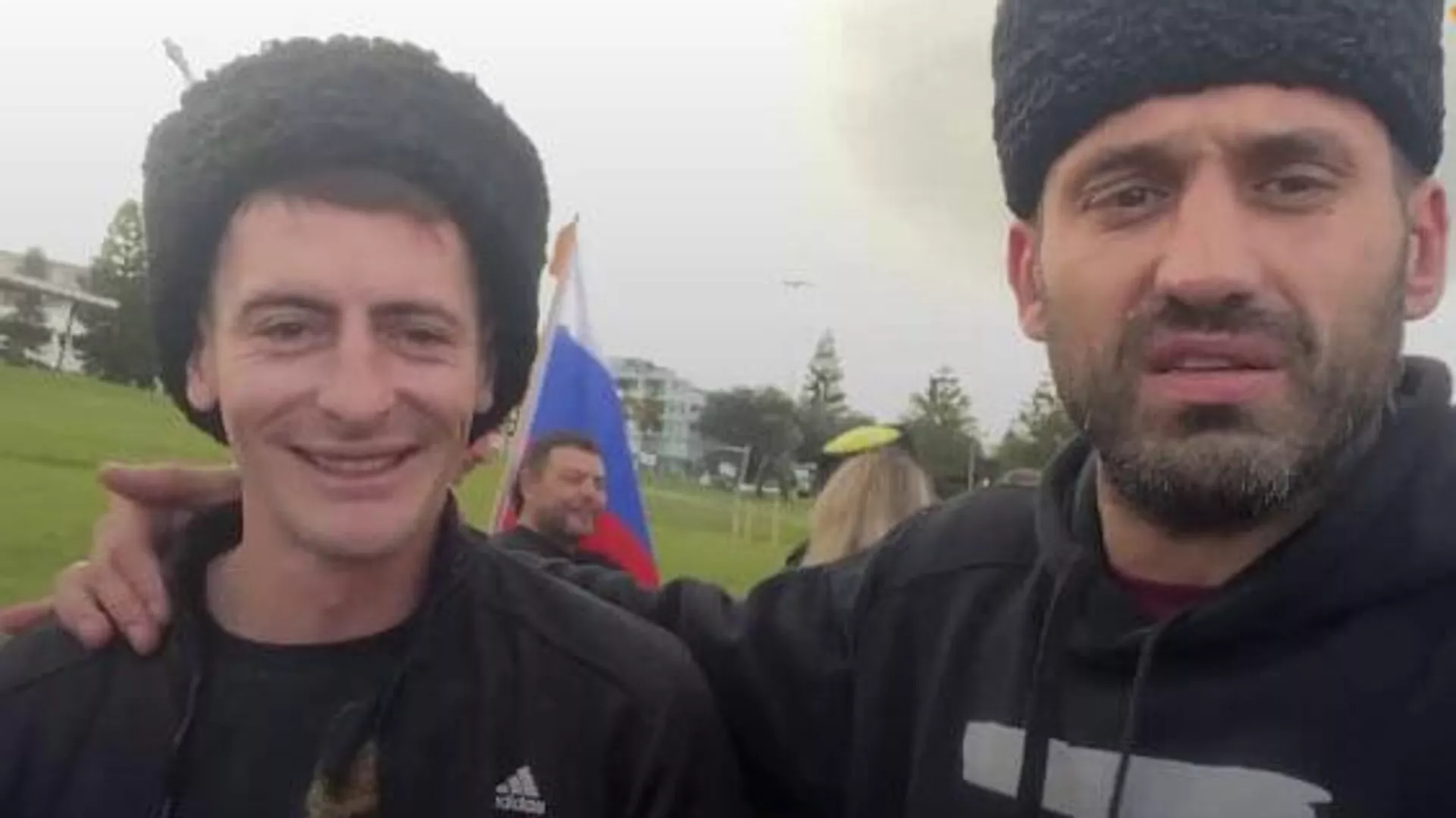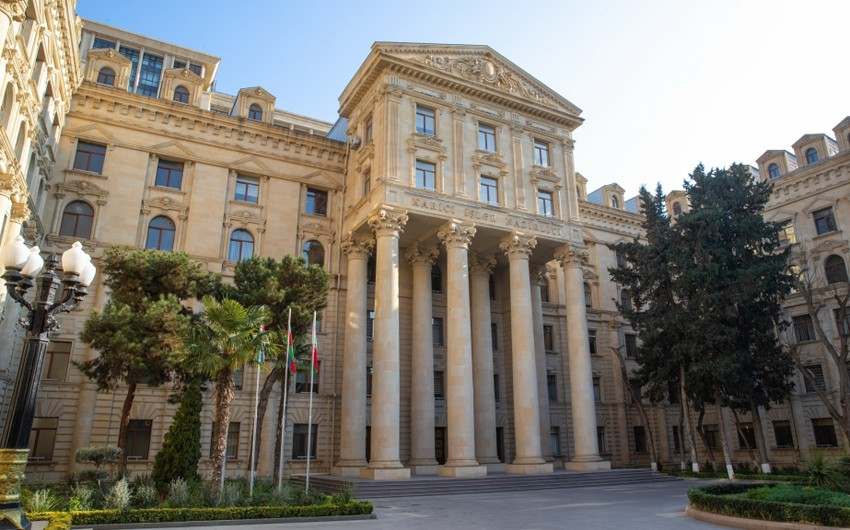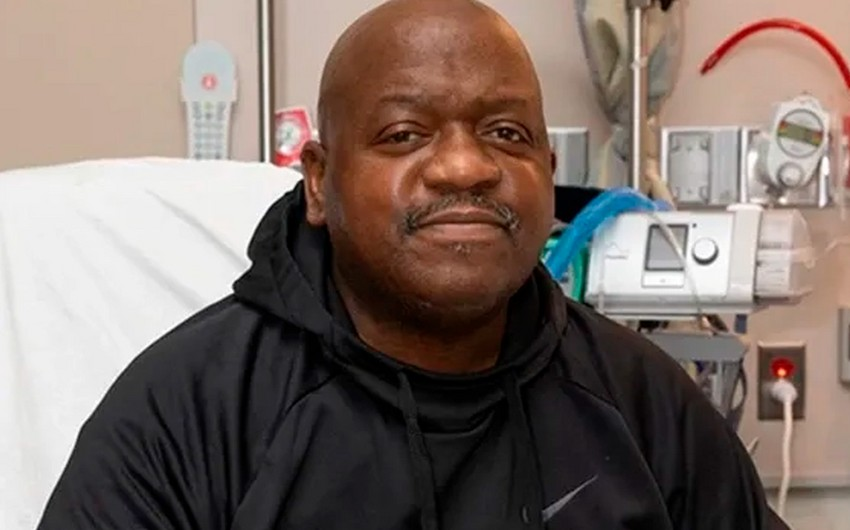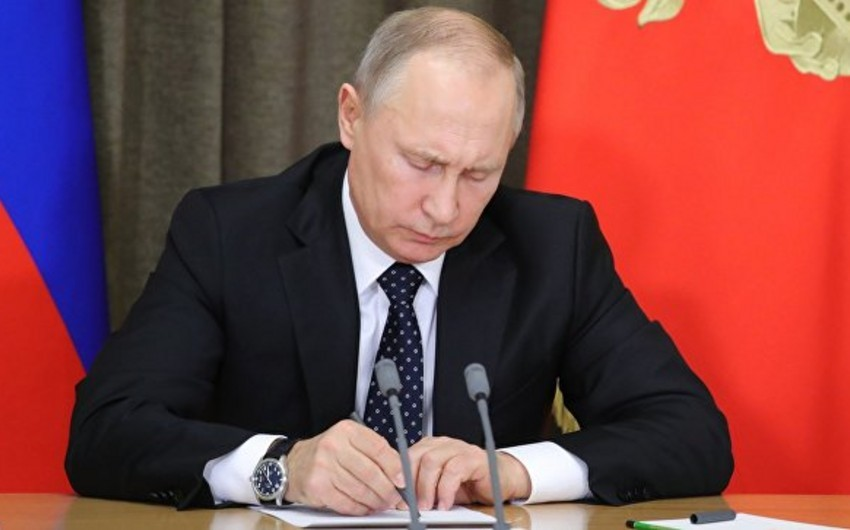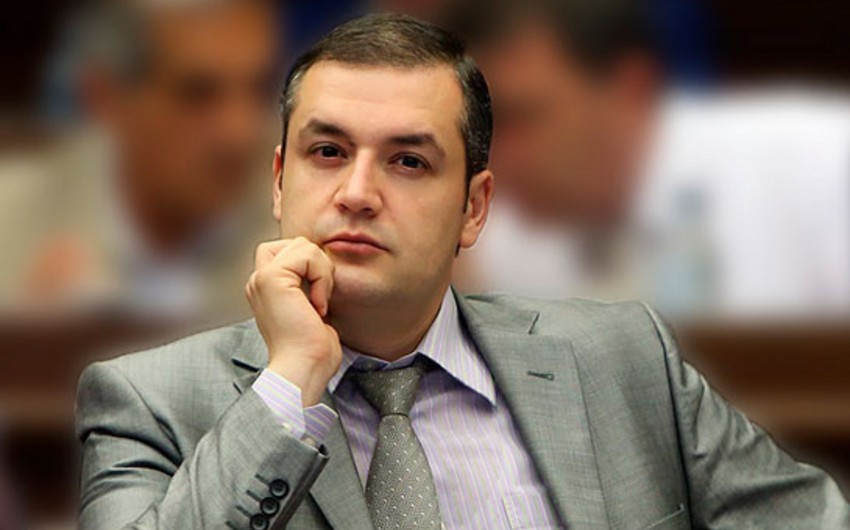Rest your oar, shipmate.
President George H. W. Bush went to his reward Friday night after a life well lived. Let's canvass historians and philosophers of old to see what they might take from reviewing his legacy as a man and a statesman.
Start with the Greek-turned-Roman historian Plutarch. Plutarch’s enduring fame comes mainly from his “ Parallel Lives,” capsule biographies of famous Greeks and Romans. He would pair up a Greek and Roman—say, Pericles, the first citizen of classical Athens, with Fabius “the Delayer,” who drew out Rome’s war against Hannibal for years until Rome was ready to seize the offensive—in order to compare and contrast their virtues and vices.
Doing so throws virtue and vice into stark relief. For Plutarch, studying great and not-so-great figures from antiquity constitutes the surest way to learn how we should live our lives. We moderns can pattern ourselves in part on the ancients—emulating their virtues while shunning what they thought, felt or did that was low, or base, or unbecoming.
George Bush would make a fit subject for one of Plutarch’s biographies. The historian might render an Aristotelian verdict after reviewing George Bush’s character, words and deeds. The ancients were obsessed with virtue, and Aristotle viewed honing virtue as a matter of building sound habits. To make yourself virtuous, do virtuous things as a matter of routine. In particular, contended the Lyceum’s founder and overseer, it was critical to form the habit of searching out the “golden mean” between the excess and deficiency of some trait.
Finding the golden mean involves more than merely splitting the difference 50/50 between the excess and a shortfall of some mode of thinking, feeling or doing. For example, doughty warriors tend more toward an excess than a deficiency of physical courage. Foolhardiness is the former, cowardice the latter. Reckless disregard of personal safety is hazardous—but cowards accomplish nothing whatsoever on the battlefield. In combat it’s better to have to restrain yourself from being too venturesome than it is to give in to fear and flee from danger.
Seeking the golden mean seemed to come natural to President Bush. Consider his handling of alliance politics during Operations Desert Shield, the buildup to war in the Persian Gulf in 1990, and Desert Storm, the campaign to evict Saddam Hussein’s army from conquered Kuwait. Bush was bold but not too bold. The Gulf War represented the world’s reply to an open-and-shut case of cross-border military aggression. Yet Bush sensed it would be self-defeating to be too aggressive when drawing up war aims against Iraq.
Marching on Baghdad and compelling unconditional surrender would have constituted the most decisive course of action, and the most satisfying for the American armed forces, government and populace. It would have also meant invading and occupying an Arab country alongside Arab allies. This, Bush realized, would be a bridge too far for Arab rulers and peoples. It would conjure up traumatic memories of Western imperialism while making Muslims complicit in the new trauma. Gulf states might blanch at taking part in such an adventure. They might even withdraw the basing rights and seaport access without which no offensive could easily proceed.
Better to settle for the lesser goal of driving the Iraqi Army out of Kuwait and work through the UN Security Council to set ceasefire terms. The more temperate pathway might not deliver optimal results. But it would deliver agreeable results while holding together a grand coalition made up of countries as disparate as Syria, Denmark and Japan. And it would set a precedent for how to counter aggression in the post-Cold War “ new world order ” Bush saw taking shape.
Boldness, then, has its limits. Plutarch and Aristotle would instantly recognize—and perhaps even applaud—the prudence and self-restraint George Bush exercised while devising and overseeing operations in the Gulf.
Transient times are the hardest to manage for any statesman. Any caretaker can preside over steady-state circumstances; founding something, ending something, or managing the transition from one thing to another demands vision and a sure hand. Accordingly, Renaissance Florentine statesman-philosopher Niccolò Machiavelli advises that keeping up with changing times constitutes the most trying challenge before princes or republics. Fall behind the times and you court future disaster.
President Bush held office during a time of tectonic change, as four decades of cold war drew to an end. The Gulf War was a regional war that took place during the endgame of the Cold War, a protracted global struggle. Complexity was layered upon complexity. Magnanimity toward Mikhail Gorbachev’s Soviet Union was Bush’s watchword for handling the Cold War denouement. He took care not to lord the impending Western victory over the Soviets. He went out of his way to consult with Gorbachev about the design and conduct of operations in the Persian Gulf.
Treating the Soviet premier as an equal applied a balm to wounded Soviet pride—and improved prospects for postwar concord between East and West. Few victories are permanent in war and diplomacy. Defeated foes have a way of regenerating, and they seldom forget deliberate humiliation at the hands of the victors. Paybacks are hell. Think about a vengeful Germany, forced to concede “ war guilt ” in writing after World War I. Celebrating without jeering, then, is the trick for victors such as the West in the Cold War.
And George Bush helped pull it off. Somewhere, I would like to think, the ghosts of Plutarch, Aristotle and Machiavelli are saluting him for his forceful yet magnanimous foreign policy. Rest in peace.
James Holmes is J. C. Wylie Chair of Maritime Strategy at the Naval War College and coauthor of Red Star over the Pacific (second edition due out December 15). The views voiced here are his alone.

